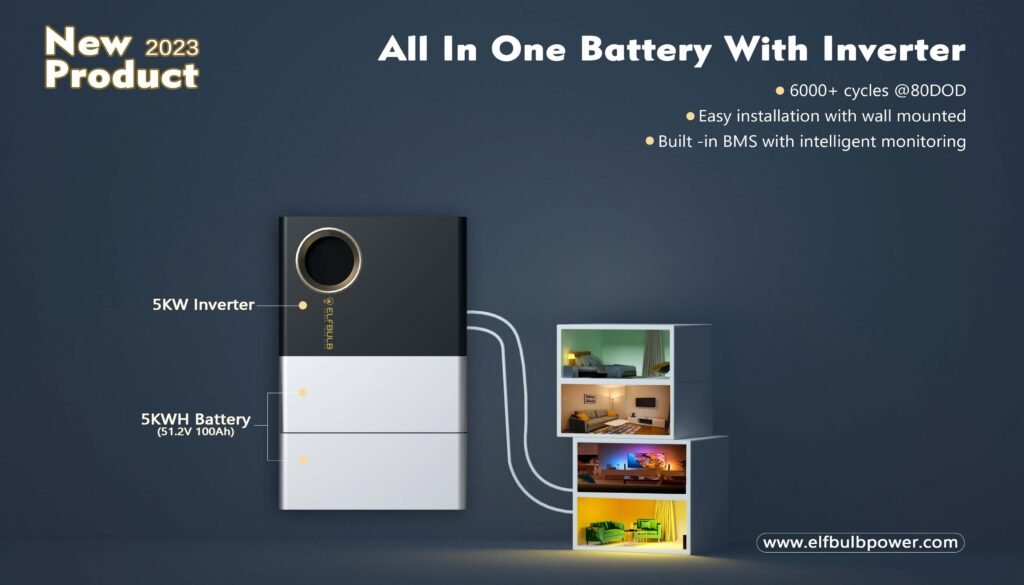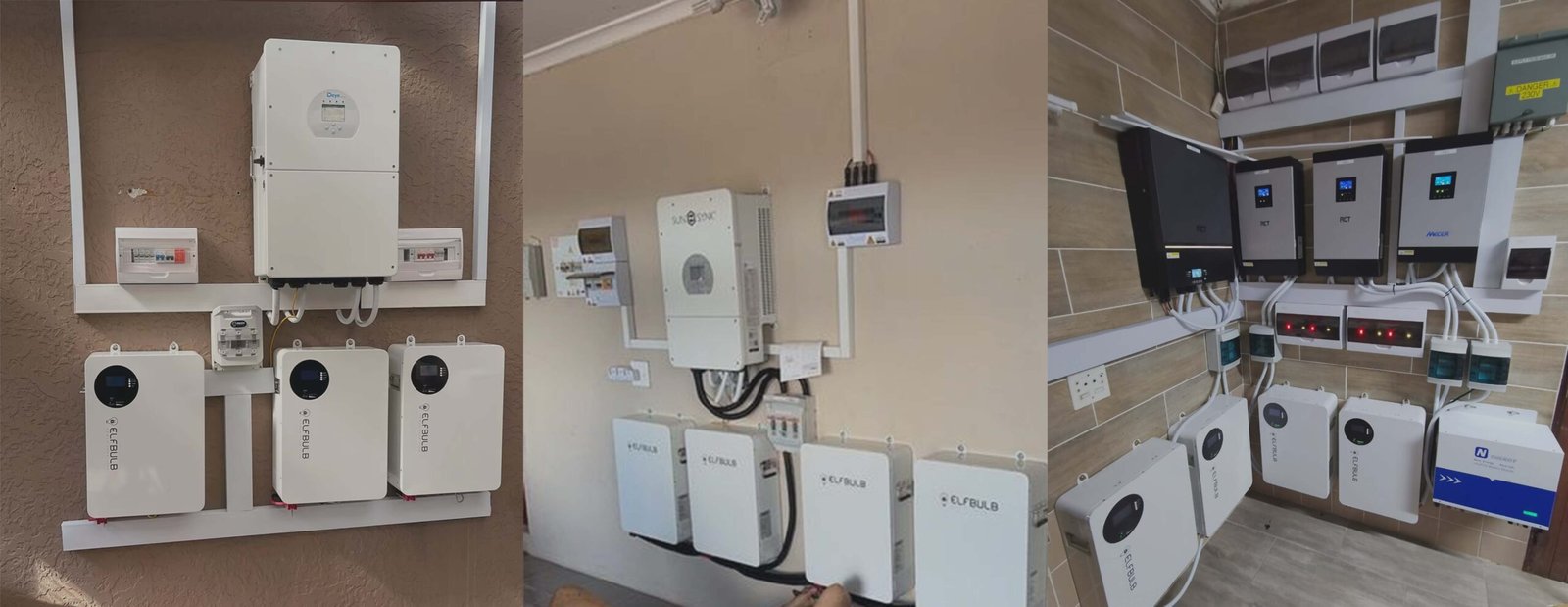When it comes to solar systems or RV batteries, we often hear the term “amp-hours” (Ah). While we typically consider it a measure of battery capacity, it’s not the whole story. Battery capacity cannot be determined by a single parameter alone. Let’s take a 200Ah battery as an example and explore the relationship between battery capacity and appliance usage.
The 48V 200Ah LiFePO4 battery is a robust and efficient energy storage solution. Here are some key specifications:
- Nominal Voltage: 48V
- Nominal Capacity: 200Ah
- Energy: 9600Wh
- Internal Resistance: ≤100mΩ (without BMS)
- Cycle LiFe: >6000 cycles @80% DOD,25℃

Firstly, it’s essential to emphasize that battery type also plays a significant role in determining how long a battery will last. Within this size range, there are two main types of solar batteries: lead-acid batteries and lithium iron phosphate (LiFePO4) batteries. Each type has different characteristics, advantages, and drawbacks.
- Lead-Acid Batteries: Relatively inexpensive but with poor deep-cycle capabilities. They typically discharge only to around 50%.
- LiFePO4 Batteries: More expensive but offer better deep-cycle performance. Most LiFePO4 batteries can be discharged to 95%, although it’s recommended to limit the maximum depth of discharge (DOD) to 80% for extended battery life.
Now let’s calculate:
- A 200Ah LiFePO4 battery connected to a 400-watt DC load, discharged to 80%, will last approximately 5 hours.
- The same 200Ah LiFePO4 battery used to power a refrigerator rated at 400 watts, running at a rate of 40 watts per hour, will last approximately 55 hours.
Therefore, when choosing a backup power source, multiple factors need consideration. If you need long-lasting and efficient backup power, I recommend 48V 200Ah lithium battery. While its DOD may not be at the maximum value, this means it has a longer lifespan and is more efficient than lead-acid batteries.



